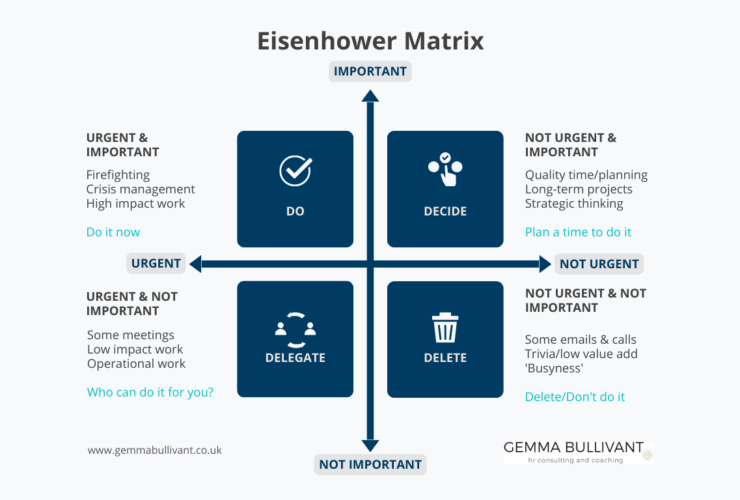Apparently 17 January is National Ditch NY Resolutions Day (who thinks these things up?!)Whatever the time of year, if ever you find your commitment halo slipping a bit, don’t beat yourself up. Instead, take a moment to step back, look at why that might be happening and establish a plan to address.
The changes that are most likely to stick are the gradual ones. If you consider how an overweight person got to the size they are, the chances are the honest answer will be ‘Gradually’.
To create change in anything, you either need superhuman force (or willpower) or a non-stop drip effect. In nature, landscapes are formed in much the same way – huge chasms can be created by sudden powerful earthquakes or slow constant movement of water. Of course, when we want change, we want it instantly, but the best changes are often the ones that have taken time to occur. The Grand Canyon is evolving all the time – the pebbles from the Colorado River rub against the walls of the canyon, and pebble by pebble, the Canyon is becoming even more beautiful.
The power of making small incremental changes is incredibly powerful.
Working with people, I have come to realise that most changes do not occur overnight. An existing process may not be perfect, but rarely will it need to be overhauled entirely. Trust takes time to develop, cultures evolve over time. Everything takes time.
We can learn a lot about transformational change from elite sports. The world champion GB cycling team successfully adopted an approach developed by Dave Brailsford – by using the philosophy of “marginal gains” they shaved milliseconds from their time with every little change they made. The changes they made seemed arbitrary in isolation. They took their own comfy pillows on tour. They improved the hand hygiene of a junior doctor. They changed the seams on their skin-suits. Each of these, and many more, tiny changes led to further incremental improvements.
In terms of willpower to achieve your goals, baby steps are definitely best.
If you feel that your willpower is slipping, think about the small changes you can make to get back on track. Practically speaking, small changes are likely to be most effective, and psychologically they are easier to stomach. Overall you are much more likely to succeed.
Progress might be barely noticeable. So remind yourself of this. Make a very clear note of your starting point, and try not to analyse progress too frequently. Keep a journal, or some other form of record, and diarise to look back at last month or last year. That way the trend will be more prominent, and you will be motivated to continue.
So, while others start to disregard the resolutions they made, why not think about the small things that you could change to get you where you want to be. If you stick to your plan, you will be surprised at how much willpower you really do have, and how these small changes can transform your life.
>> Why not try some focused POWER HOUR COACHING to keep you on track?
>> Flexible, affordable access to an experienced executive coach for a focused conversation on exactly what you need to do to establish, achieve and sustain your goals.



